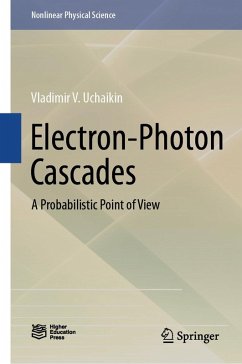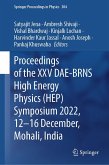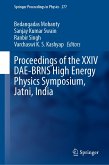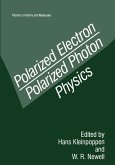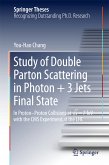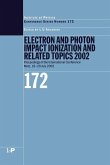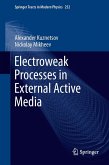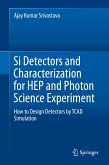This book demonstrates the practical application of an alternative approach to current problems in high-energy astrophysics. In high-energy astrophysical processes, single collisions are accompanied by the appearance of many secondary particles with different properties. To describe the infinitesimal evolution of such a system at a measurement instant, as is commonly done when deriving the kinetic equation for the system with conserved number of particles, one must know either its prehistory or the infinite family of many-particle distributions. An alternative to this approach is to use an adjoint (in the sense of Lagrange) mathematical formalism, where the independent active variable is the phase position of a primary particle generating the cascade, and the dependent variable has the form of a functional of the cascade as a whole, interpreted as the reading of some not necessarily linear (additive) detector. This approach is characterized by mathematical efficiency: no matter how many particles are formed in a cascade, the active argument of the desired functional always remains one particle. The second advantage is its generality: the formalization of the readings of the detector, which performs real measurements through the functionality of a random implementation of the cascade, allows it to be applied to a wide range of actually used devices and installations.
Readers will be able to master the fundamentals of particle astrophysics in the context of the latest developments in the field. It will benefit graduate students and established researchers alike, equipping them with the knowledge and tools necessary to design and interpret their own experiments and, ultimately, to address a number of questions about the nature and origin of cosmic particles that have arisen in recent research.
Dieser Download kann aus rechtlichen Gründen nur mit Rechnungsadresse in A, B, BG, CY, CZ, D, DK, EW, E, FIN, F, GR, HR, H, IRL, I, LT, L, LR, M, NL, PL, P, R, S, SLO, SK ausgeliefert werden.

